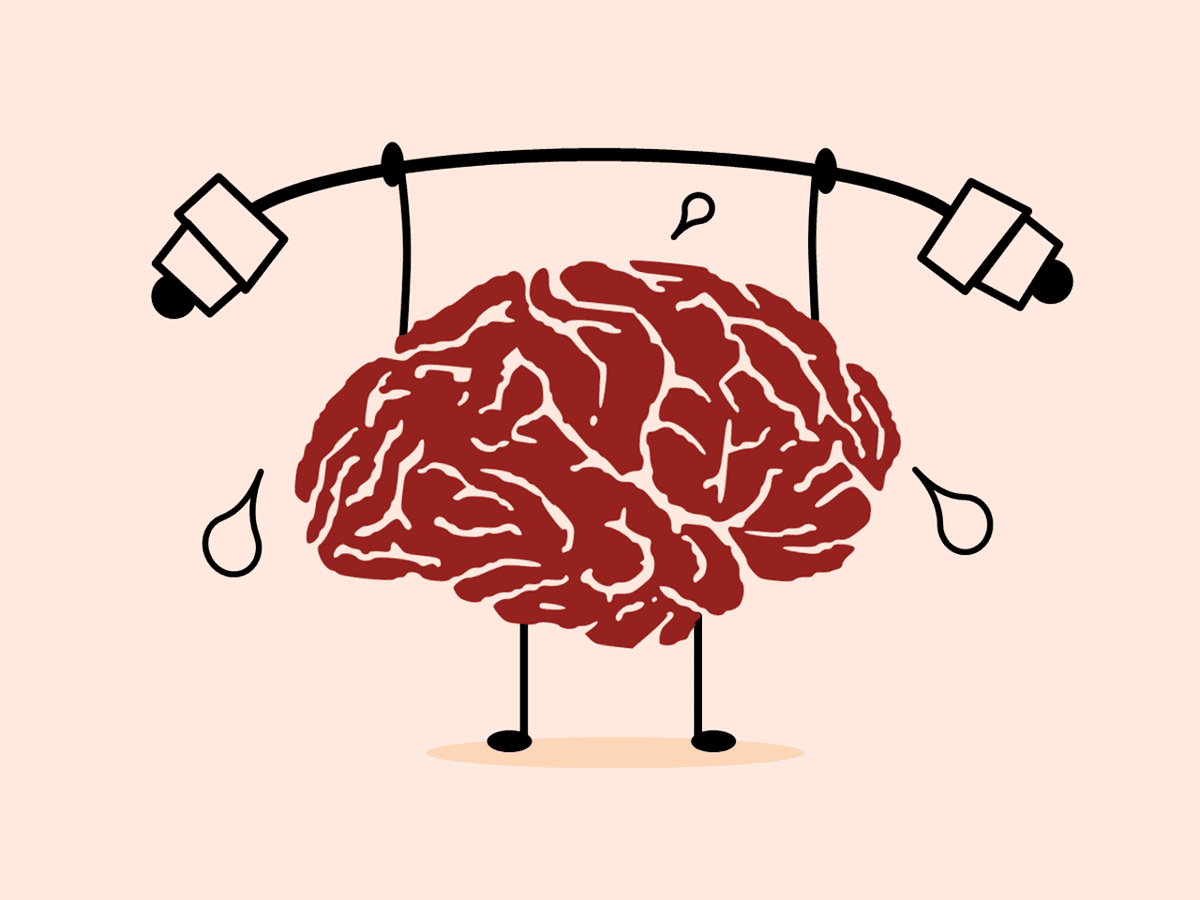Comprehensive Inpatient Mental Wellness Solutions for Effective Treatment
Inpatient mental health and wellness solutions represent a vital component of the medical care system, supplying a extensive and structured atmosphere for people experiencing extreme mental distress. These services use a multidisciplinary method, integrating different evidence-based treatments to address the complex requirements of patients. Nonetheless, the performance of such extensive care expands past instant stablizing; it likewise includes the shift to outpatient support, a vital phase frequently neglected. Exploring the nuances of this continuum exposes significant implications for both private healing and wider mental wellness outcomes. What aspects truly influence this transition, and exactly how can we enhance its efficiency?
Recognizing Inpatient Mental Health And Wellness Providers
Inpatient psychological health and wellness services supply vital assistance for individuals experiencing extreme mental distress that can not be managed efficiently in an outpatient setting. These solutions are made to provide an intensive degree of treatment in a structured setting, commonly within a medical facility or specialized facility. Individuals confessed to inpatient programs commonly show acute signs, such as self-destructive ideation, serious depression, or psychosis, demanding continuous monitoring and treatment.
The admission process generally entails an extensive analysis by psychological health specialists, that assess the individual's mindset, history, and prompt needs. When confessed, individuals engage in a variety of healing modalities tailored to their particular demands, consisting of medicine monitoring, individual therapy, and team sessions. This alternative technique intends to stabilize the client's problem, advertise safety, and foster coping skills.
Inpatient psychological health services not only address instant wellness concerns but likewise act as a bridge to ongoing care. By supplying a regulated setting, these solutions facilitate the development of treatment plans that can be continued in outpatient settings, hence making certain a continuum of care and improving lasting outcomes for individuals with complicated mental health and wellness requirements.
Secret Parts of Effective Therapy
Efficient therapy in inpatient mental health services makes up a number of essential elements that promote recuperation and stablizing. A detailed evaluation is vital to determine the person's certain requirements and challenges. This assessment notifies the advancement of a customized treatment plan, which acts as a roadmap for treatment.
Another crucial part is the multidisciplinary group method. Collaboration amongst psychoanalysts, psychologists, registered nurses, and social employees guarantees that various perspectives add to the individual's care, boosting the efficiency of treatment. Evidence-based healing techniques, such as cognitive-behavioral therapy (CBT) and dialectical behavior modification (DBT), are also important, offering organized methods that address maladaptive idea patterns and behavioral problems.

Lastly, an emphasis on aftercare planning is essential to ensure a smooth change to outpatient solutions, decreasing the danger of regression and promoting lasting health. These collective elements develop an effective therapy structure within inpatient mental health services.
Advantages of Comprehensive Treatment

Detailed treatment in inpatient mental health and wellness solutions offers many advantages that considerably boost person outcomes. One of the main advantages is the holistic technique to therapy, resolving not visit the site only the psychological signs however likewise the physical, social, and psychological needs of clients. This complete analysis enables tailored interventions that promote overall well-being.
One more advantage is the assimilation of multidisciplinary groups, which cultivates cooperation amongst health care experts. This collective atmosphere makes sure that clients receive coordinated care, reducing the risk of fragmented therapy and boosting interaction amongst caretakers. Extensive care facilitates connection of services, allowing for smooth shifts from inpatient to outpatient settings, which is essential for long-lasting healing.

Finally, the structured environment of comprehensive inpatient care offers a risk-free space for patients to engage in healing tasks, assisting them establish coping strategies and resilience. Collectively, these advantages add to extra reliable therapy and improved quality of life for people experiencing psychological health and wellness crises.
Evidence-Based Healing Techniques
In the realm of mental wellness treatment, evidence-based therapeutic strategies useful site play a critical function in making sure that patients obtain efficient and scientifically supported treatments. These techniques integrate the most effective offered research with professional experience and individual values, promoting a tailored therapy experience that deals with specific requirements.
Cognitive Behavior Modification (CBT) is just one of the most commonly identified evidence-based techniques, concentrating on identifying and altering adverse idea patterns and habits. This structured strategy has actually demonstrated efficacy in dealing with conditions such as ptsd, anxiety, and depression. Dialectical Behavior Therapy (DBT) is particularly reliable for people with borderline character condition, stressing the development of emotional guideline and social performance skills.
Additionally, drug administration is typically an indispensable element of evidence-based treatment, as psychotropic drugs can alleviate signs and improve overall performance. Collaborative care designs, which include multidisciplinary teams, further boost the effectiveness of inpatient services by ensuring detailed analyses and continuous monitoring.
Eventually, the combination of evidence-based healing strategies not just advertises favorable scientific outcomes but additionally encourages clients, cultivating a sense of company and strength in their psychological health trips.
Transitioning to Outpatient Support
The shift from inpatient mental health and wellness solutions to outpatient support notes a critical stage in a patient's healing journey. This period calls for careful planning and control to ensure continuity of care and to reduce the risks of regression or situation. Reliable discharge preparation should commence early in the inpatient remain, involving a multidisciplinary group that consists of psychoanalysts, psychologists, nurses, and social employees.
Secret aspects of an effective transition consist of the development of a comprehensive aftercare strategy tailored to the individual's certain requirements. This plan ought to describe follow-up appointments, medication management, and healing interventions, in addition to determine area resources and assistance groups that can facilitate ongoing recovery.
In addition, individual and family members education is important during this phase. Understanding the indicators of prospective setbacks and the importance of sticking to therapy can empower clients and their assistance systems.
Normal follow-up and review of the outpatient plan are crucial to attend to developing obstacles. By fostering a joint partnership in between inpatient and outpatient companies, the probability of continual recuperation increases, ultimately improving the individual's quality of life and lowering the risk of readmission.

Conclusion
In recap, comprehensive inpatient mental wellness solutions offer a crucial framework for resolving extreme mental distress through a multidisciplinary technique. Inevitably, such comprehensive care is vital for long-lasting psychological wellness and health.
The admission procedure normally includes an extensive evaluation by mental health specialists, who evaluate the individual's psychological state, history, and prompt demands.Effective treatment in inpatient psychological health and wellness solutions makes up a number of crucial components that foster healing and stablizing.Thorough care in inpatient psychological health and wellness solutions uses various benefits that significantly see it here enhance individual outcomes.The transition from inpatient psychological wellness services to outpatient assistance notes an essential phase in a person's healing journey.In summary, detailed inpatient mental health and wellness solutions offer an important structure for addressing serious psychological distress with a multidisciplinary approach.